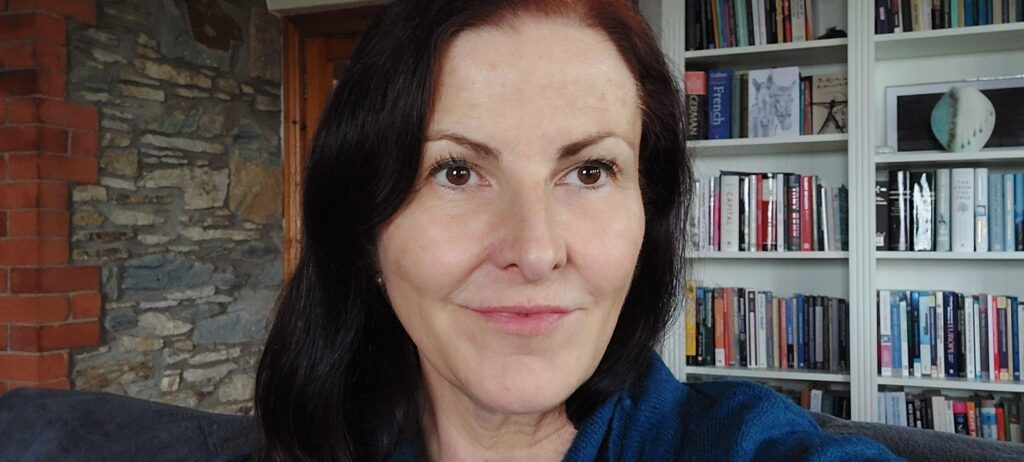The Disability Rights Taskforce was established to oversee the development of an action plan to roll back the damaging effects of the Covid-19 pandemic on disabled people. In this blog post, Debbie Foster (Co-Chair of the Taskforce and Professor of Employment Relations & Diversity at Cardiff University) share an update on the DRT’s progress and looks forward to what’s next.

The Disability Rights Taskforce
The work of the Disability Rights Taskforce is now taking shape. We have a dedicated team of civil servants supporting its work and activities and helping to co-produce recommendations.
The Taskforce itself only meets every few months and is co-chaired by the Minister for Social Justice, Jane Hutt and myself. In between meetings of the full Taskforce membership, we have established working groups to explore the issues that need to be addressed by drawing on different sources of evidence including the lived experiences of disabled people. Each Working Group focuses on an area of social policy identified in the ‘Locked-out’ report (co-produced by disabled people during the pandemic), as requiring Welsh Government attention if the objective of independent living is to begin to be realised.
As co-chair of the Taskforce, my role is to try to represent the Welsh Government Disability Equality Forum, who proposed me. One way of widening representation and participation was to ensure that every Working Groups would be Chaired by a disabled person. This enables disabled people’s lived experiences to shape debate and the agenda from the outset.
The Taskforce agreed a set of principles that would guide its work (including the Working Groups). Addressing the lived experiences of disabled people was acknowledged as central if the problems of public service provision and their past failures were to be addressed.
On a practical level services that do not meet the needs of users are seen as ineffective and wasteful in terms of resourcing. It was agreed, therefore, that only by co-producing recommendations using the social model of disability, with disabled people, could future Welsh Government Strategy succeed. Potential solutions need to be co-created and ‘owned’ by disabled people.
Working Groups that have so far met and either reported or are currently discussing recommendations include:
- Embedding and Understanding the Social Model of Disability (Across Wales) Chaired by Prof Debbie Foster.
- Independent Living and Social Care. Chaired by Rhian Davies
- Access to Services (including Communications and Technology). Chaired by Natasha Hirst
- Independent Living: Health and Wellbeing. Chaired by Willow Holloway
Working groups that are to begin meeting in the coming months include:
- Affordable and Accessible Housing: Chair Graham Findlay
- Children and Young People: Chair Angharad Price
- Employment and Income: Chair Debbie Foster
- Accessible Travel: Chair Andrea Gordon
Anyone wanting to contribute to the forthcoming working groups should contact disabilityrightstaskforce@gov.wales in the first instance.
What’s next?
Challenges and opportunities
It may appear that March 2024 is a long time to wait for a new Disability Action Plan, but co-production as a method of working is time consuming and there is a lot of learning taking place along the way. To make the best of the opportunities this Taskforce has given us we need as many people to engage with our work as possible. If you have something to say don’t say it afterwards when the Strategy is published, make sure you participate. Have your say now!
The work of the Taskforce is unprecedented and has been supported by Welsh Government practically and politically, but if it is to have a long lasting impact there needs to be a legacy within the Disability Rights Movement and Communities. Start conversations about how we can shape this legacy now in your organisation!
PARTICIPATE – OWN – EMPOWER – ENACT – HOLD ACCOUNTABLE



